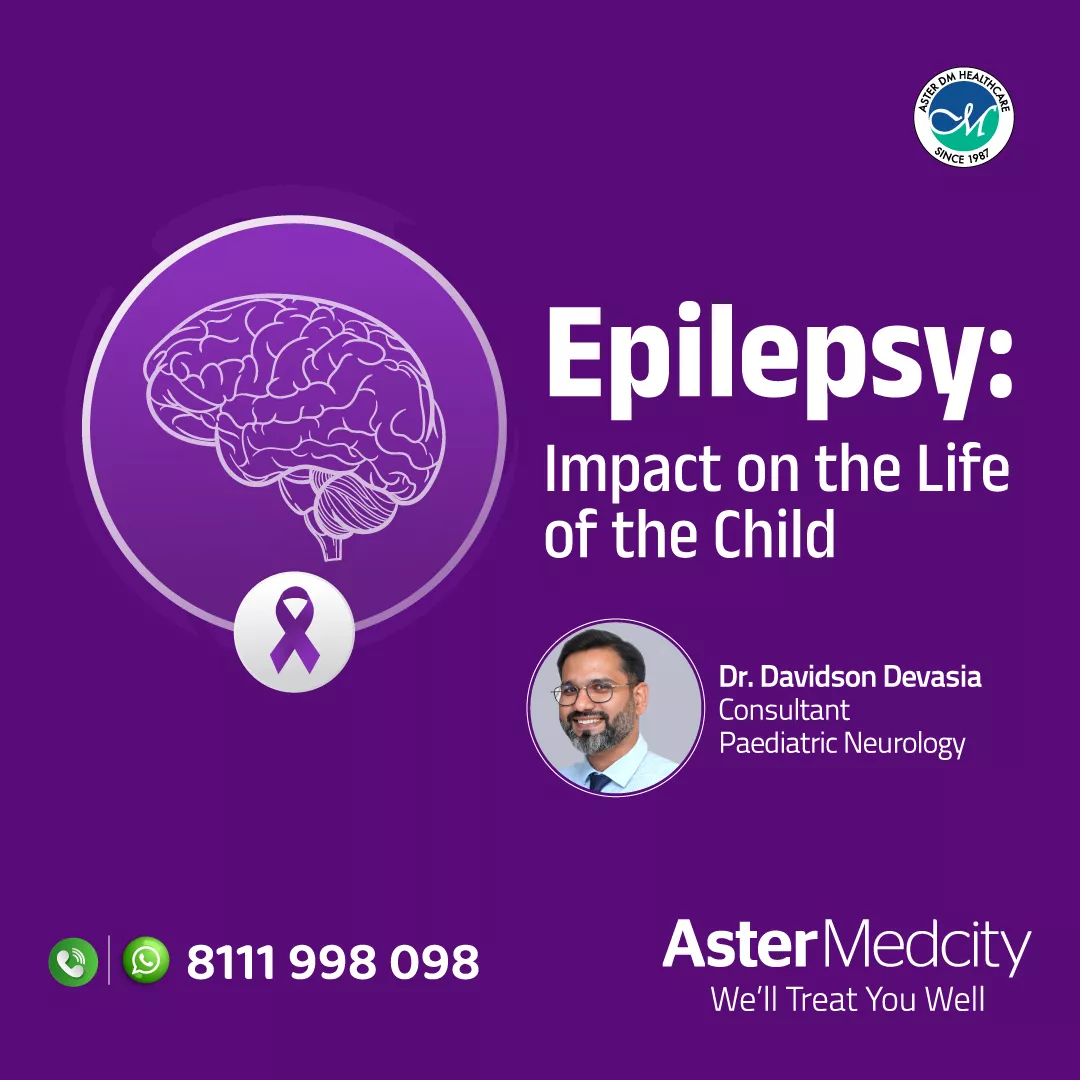Epilepsy is a neurological disorder characterized by recurrent seizures that can affect children in various ways. While medical advancements have improved the diagnosis and management of epilepsy, its impact on a child’s life extends beyond just the medical aspect. It influences their education, social interactions, emotional well-being, and overall quality of life.
Educational Challenges
Children with epilepsy often experience difficulties in school due to frequent seizures, medication side effects, or cognitive impairments. Attention, memory, and processing speed can be affected, making learning challenging. Absence seizures, which may last only a few seconds, can cause momentary lapses in awareness, leading to missed instructions and incomplete tasks. Teachers and school staff must be aware of the child’s condition to provide necessary support, such as individualized education plans (IEPs) or accommodations.
Social and Emotional Impact
Epilepsy can affect a child’s self-esteem and confidence, particularly if they experience bullying or social exclusion. Fear of having a seizure in public may cause anxiety and withdrawal from social activities. Encouraging peer education and fostering an inclusive environment can help children with epilepsy feel accepted and supported.
Family Dynamics and Support
Families of children with epilepsy often experience emotional and financial stress. Parents may worry about their child’s safety, academic performance, and future prospects. Siblings may feel neglected as parental attention focuses on the child with epilepsy. Open communication within the family and seeking support from healthcare professionals or support groups can help manage these challenges.
Physical Activity and Lifestyle Adjustments
While physical activity is encouraged for overall health, some children with epilepsy may face restrictions based on the severity of their seizures. Supervised activities and precautions, such as wearing protective gear during sports, can help minimize risks. Adequate sleep, a balanced diet, and adherence to prescribed medications are crucial in managing epilepsy effectively.
Future Prospects and Independence
With appropriate medical care and support, many children with epilepsy lead fulfilling lives. Advances in treatment, including medication and surgical options, have improved seizure control for many patients. Preparing children for independence by teaching self-care, medication adherence, and coping strategies is essential for their transition into adulthood.
Conclusion
Epilepsy is a condition that affects multiple aspects of a child’s life, but with the right support system, children can overcome challenges and thrive. Awareness, education, and compassionate care from parents, teachers, and peers play a crucial role in empowering children with epilepsy to lead confident and successful lives.







